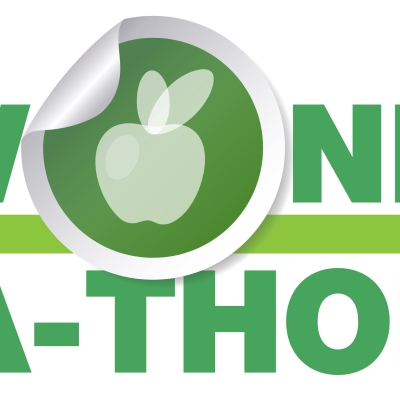Most of us have known students who struggle with non-cognitive skills. Teachers have labored heroically to keep a reserved pupil engaged in group projects; parents have cajoled a discouraged child to keep working through a multi-step equation; even a few education writers, in our misguided youths, put off a term paper or two until the night before the end of the semester (I’m sure it got lost in your inbox, Professor Kaiser). Melissa Tooley and Laura Bornfreund’s new study for the New America Foundation looks at how high-quality early-education programs impart critical, non-content-oriented traits like work ethic, curiosity, teamwork, and empathy—abilities they label “skills for success” and thereafter, somewhat gratingly, refer to as “SFS”—and how those approaches can be replicated and expanded at the K–12 level. Their findings represent a worthwhile and informative new entry into a debate that’s suddenly grown hot. For their part, the authors are quickly forced to address one obvious pitfall: the difficulty of quantitatively determining a student’s progress in attaining better emotional and behavioral habits, other than perhaps locking a four-year-old in a room with a marshmallow and telling him to exercise grit. “It may not currently be possible to assess certain skills well at all,” they concede. What can be assessed, however, are classroom and school environments, which research suggests have an outsized effect on students’ development of skills for success. Using surveys like the Comprehensive School Climate Inventory (CSCI) and Classroom Assessment Scoring System (CLASS), it is possible to measure and compare schools’ safety profiles, interpersonal relationships, and institutional supports for students and staff—all of which can impact how effectively students learn (and teachers teach) lessons on multiplication tables and geography. Among the usual calls for more research and better communication from state and local authorities, Tooley and Bornfreund’s most compelling recommendation is that these assessment results be made transparent and widely available, just like standardized test scores and spending data. It’s a smart take on a complex topic—just like my junior year paper on Thomas Mann would have been, if I’d had a little more grit.
SOURCE: Melissa Tooley and Laura Bornfreund, “Skills for Success: Supporting and Assessing Key Habits, Mindsets, and Skills in PreK–12,” New America (November 2014).
